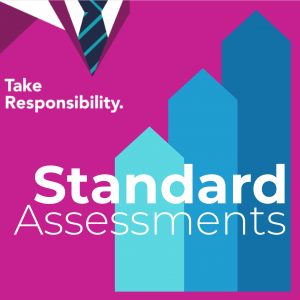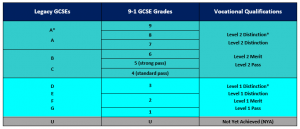 Our Standard Assessments assess every student on their ability to retrieve knowledge from their short term and long term memory in EVERY subject they study.
Our Standard Assessments assess every student on their ability to retrieve knowledge from their short term and long term memory in EVERY subject they study.
Standard Assessments take place twice within an academic year for Years 7, 8, 9, 10 and 11.
Each Standard Assessment comprises of questions which require the retrieval of component (essential) facts and knowledge, combined with complex questions or tasks where students apply those facts and knowledge within extended writing questions or problem solving tasks.
Standard Assessments take place across a two-week period. There is a three-week PREPARE period before the Standard Assessments start in which students have the opportunity to plan and revise for the assessments within PREP times.
Following on from the completion of the Standard Assessments, there is a two-week period where staff mark the assessment, input student attainment scores and a report is generated for students and parents/carers (see below for more details).
Finally, the school provides English, Maths and Science Keep Up Not Catch Up sessions, again taking place over four/five-weeks, for students who have significant gaps in their knowledge based on their Standard Assessment results. They have the opportunity to work with specialist teachers in those subjects to fill those gaps.

